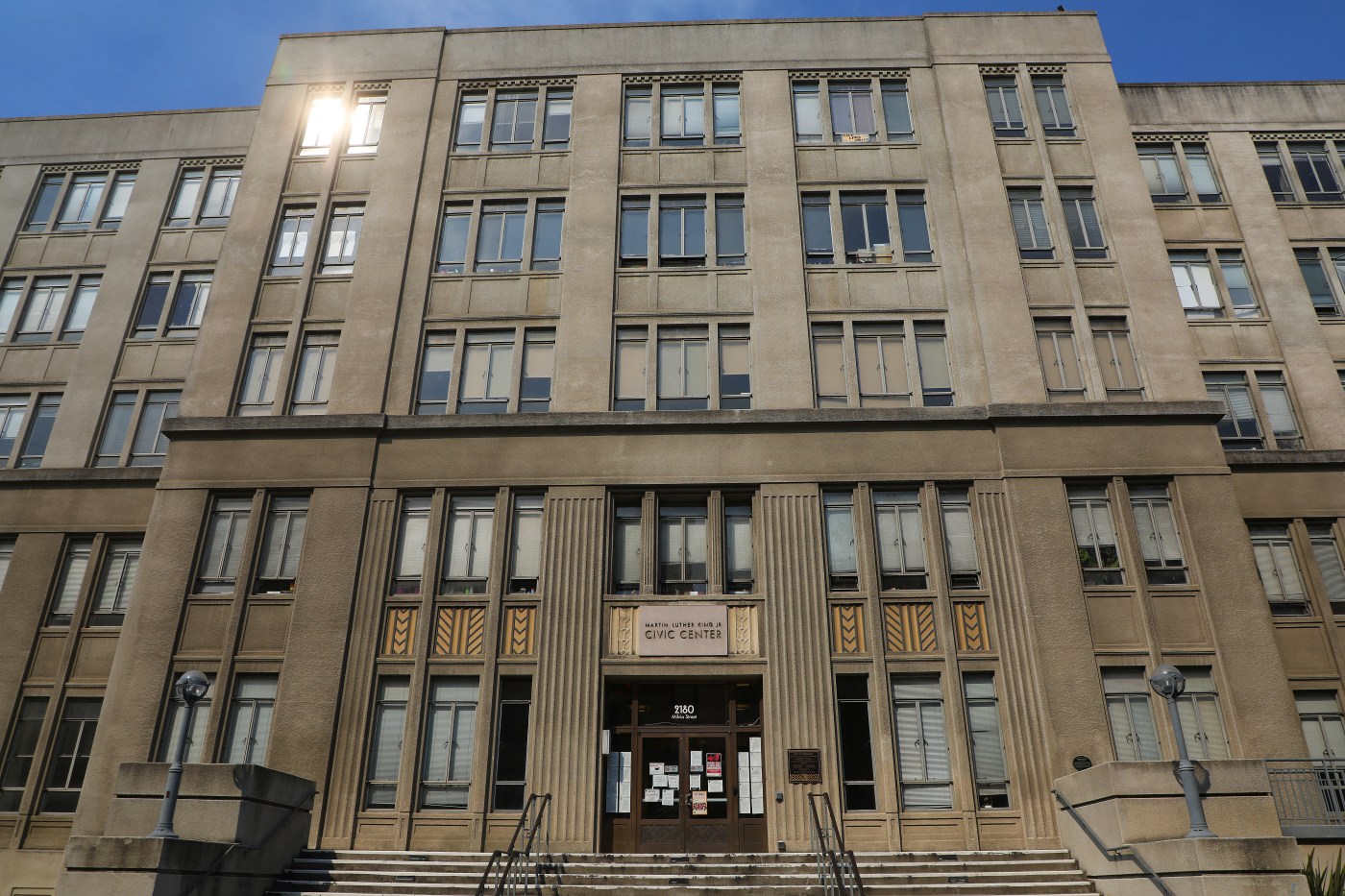
BERKELEY — A year ago, the Berkeley City Council dedicated $5 million to a program meant to rehabilitate and preserve small housing sites as affordable and prevent displacement of existing tenants. Half of that money may be yanked back to help plug a looming budget deficit.
The Small Sites Program, developed in 2018, aims to help in the acquisition and renovation of small multi-family apartment buildings that are already occupied and to keep those rents below market rate.
The City Council most recently paid for part of the program by using funds from Measure U1, a 2.88% tax on owners of properties with five or more units that was approved by almost 75% of voters in 2016. Measure U1 funds were meant to go toward increasing housing in the city and preventing displacement.
Staff are now suggesting the city use $2.5 million of Measure U1 funding allocated for the Small Sites Program to cover the city’s required match to receive a State Encampment Resolution grant which is meant to help homeless residents move into more stable housing.
“As we all know, we’re in a housing crisis in Berkeley and the region. This is not the time to pull back on these funds,” said Rev. Sophia DeWitt, chief program officer of the advocacy group East Bay Housing Organizations, during a Berkeley City Council meeting last week.
DeWitt’s pleas were echoed by representatives from a number of housing advocacy groups including Aboubacar Ndiaye, executive director of the Northern California Land Trust, and Tracy Parent, director of the Bay Area Community Land Trust.
Whether or not to make cuts to the Small Sites Program is just one of a series of hard questions councilmembers will have to answer this budget cycle.
With a near $20 million budget deficit in the general fund, which largely covers salaries and benefits, staff has also proposed a hiring freeze that would keep dozens of positions vacant, saving the city about $10.5 million.
Another $5.2 million meant for a workers compensation fund would be redirected to the general fund along with $6 million from a pension trust fund and $6.2 million from a fund for IT services.
“We have to have a balanced budget and there’s tremendous sacrifices being made by all departments in terms of freezing positions,” said Councilmember Rashi Kesarwani.
Kesarwani was open about her willingness to redirect money allocated to the Small Sites program to other areas, noting she had previously advocated against making the initial allocation a year ago.
While Kesarwani acknowledged the value behind the program, she also argued those dollars could more effectively be used for other more cost-effective programs like rapid rehousing subsidies or funding new housing development projects that are often awarded large state and federal grants.
Others on the council are more hesitant to back the idea. Councilmember Igor Tregub, who aided in the Measure U1 campaign, and Mayor Adena Ishii said the city should “honor the integrity” of the measure and where they told voters those dollars would go. Covering encampment resolution doesn’t align with the ballot measure’s stated goals, Ishii said.
Tregub and Councilmember Cecilia Lunaparra further argued that keeping people housed would be cheaper than having to help them find new homes. Councilmember Shoshana O’Keefe said the lost funding would be “heartbreaking.”
“I really, really hope we can find a way to avoid it or lessen it. I understand that asking for that without a suggestion of what else we should cut isn’t helpful, but I do hope we can figure something out because it’s really a tragic loss,” O’Keeffe said.
Councilmembers have other priorities outside of maintaining the program. Both Kesarwani and Lunaparra spoke to the importance of retaining funding for the Ohlone Greenway Safety Improvements Project, which aims to revamp the multi-use trail from Virginia Gardens to Santa Fe Avenue.
Street and sidewalk safety in general is a top concern for Councilmember Mark Humbert along with public safety. Avoiding layoffs is a “north star” for Tregub and Ishii, who both said they were happy to see staffing cuts weren’t being suggested.
Councilmember Brent Blackaby said the city isn’t likely to cut its way out of the structural deficit. Instead, boosting revenue through fostering a strong business community will need to be a key solution to the city’s long-term budget woes, he said.
“I don’t think we can cut our way out of this in the long term,” Blackaby said. “Growth is really going to be key to our success over time.”